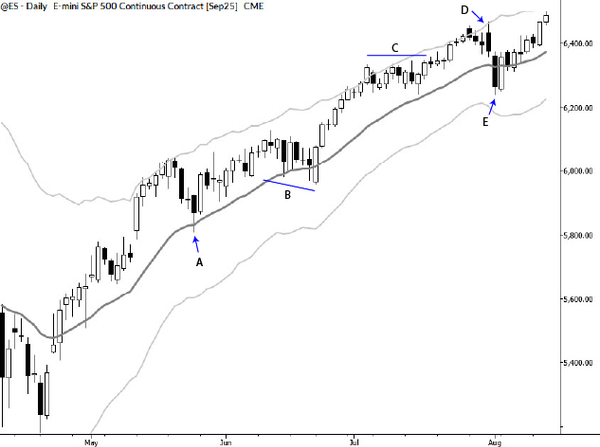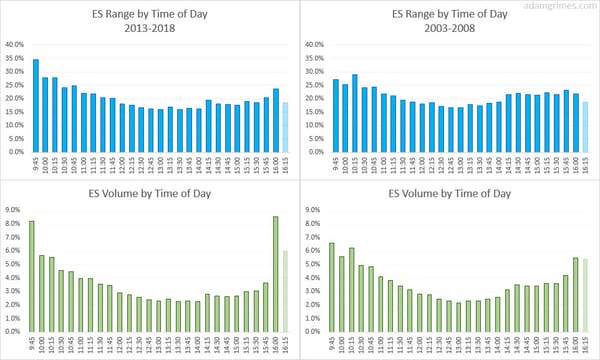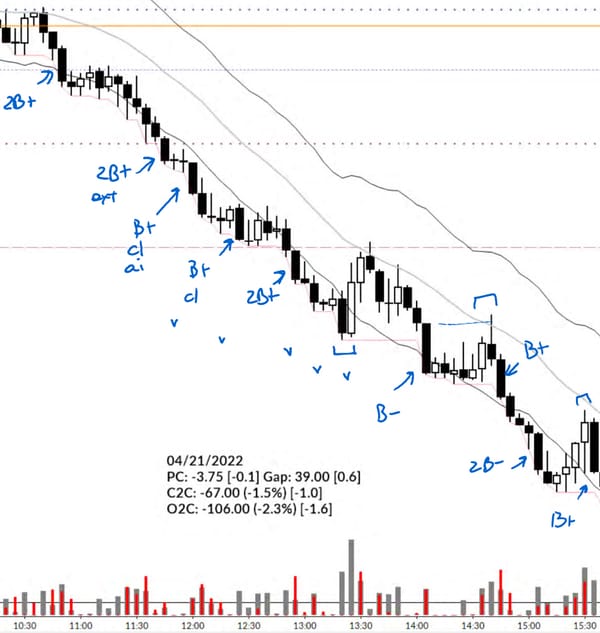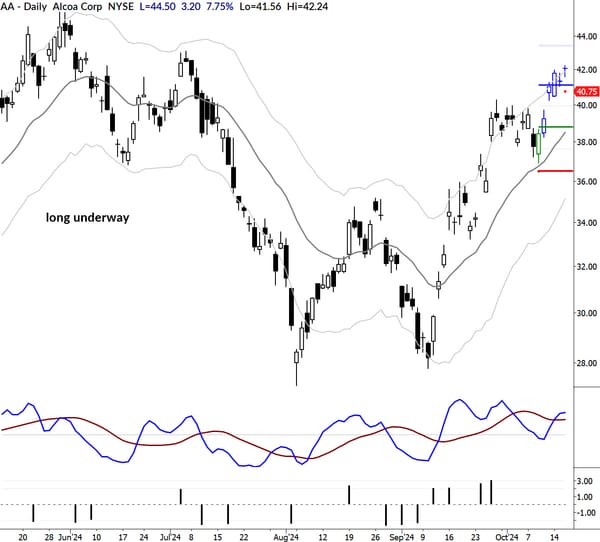
Patterns, Context, and a Clean Long in the S&P
Just a quick look at patterns and concepts applied in an actual trade. This was a trade that was shared with our MarketLife members in advance. Trades like this are easy, but only if you're looking in the right place at the right time. For context, trading has


















